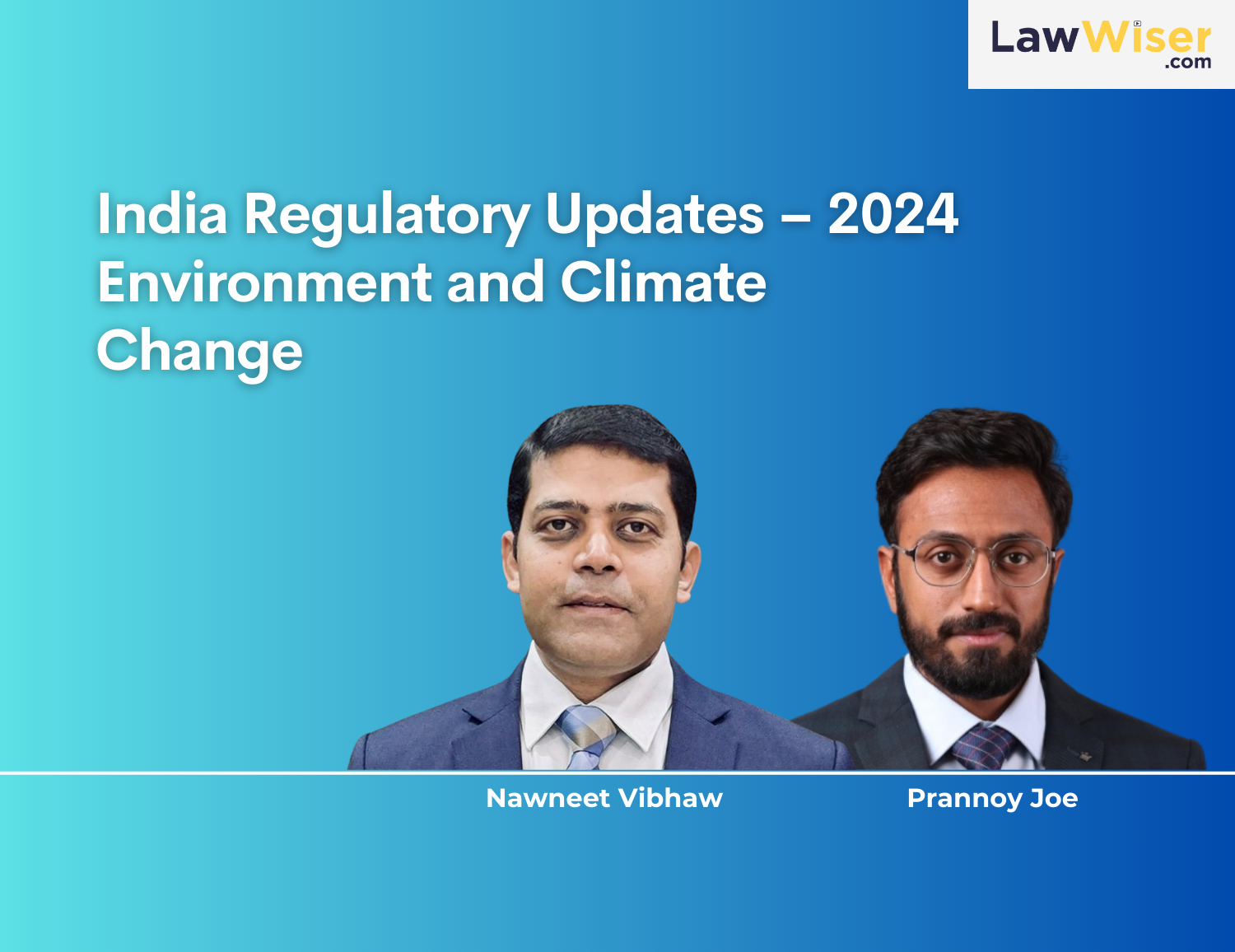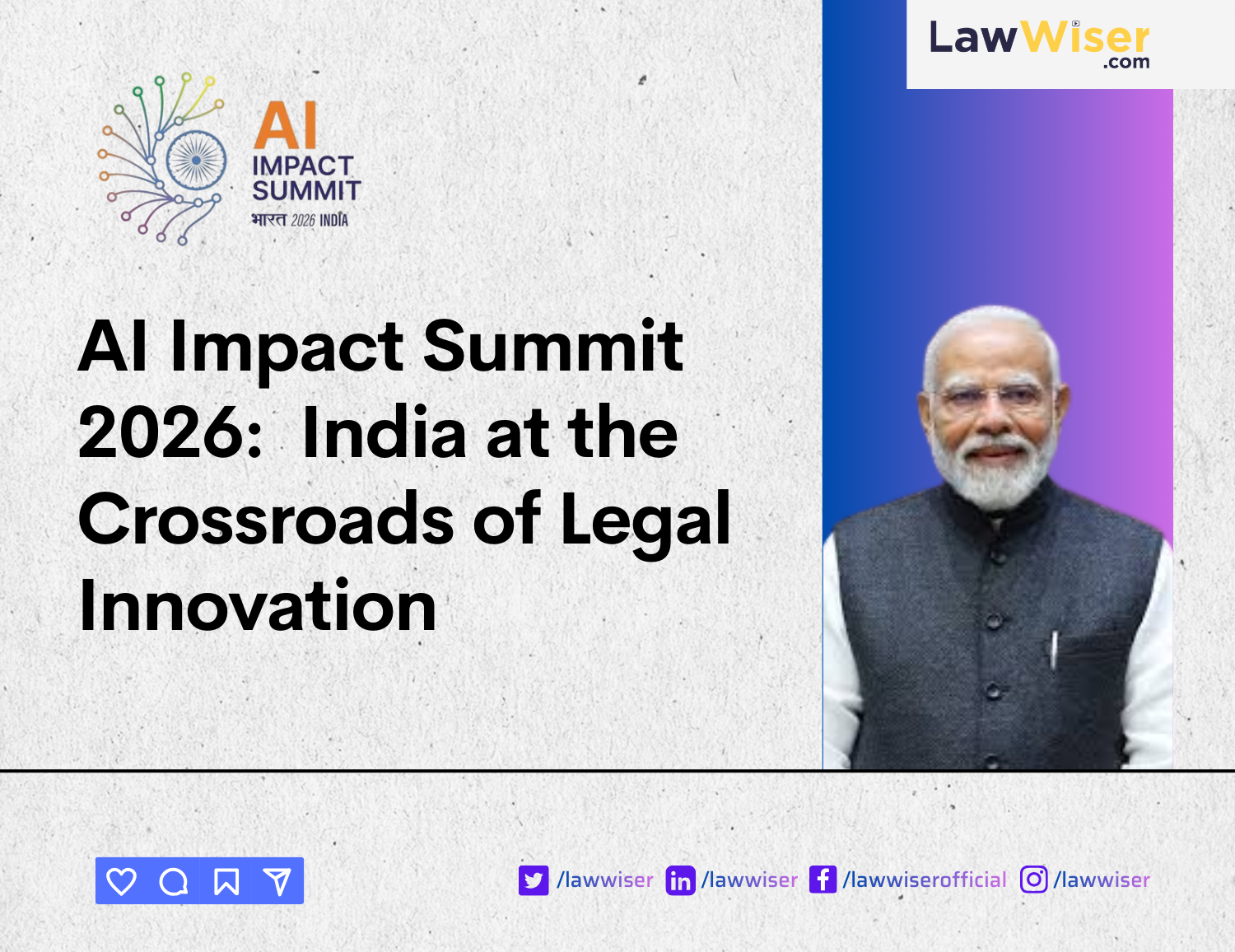In contemporary society, characterised by heightened ecological awareness, consumers are becoming increasingly cognizant of the implications their choices have on the environment. This awareness has culminated in a notable rise in marketing strategies that prioritise sustainability. Nevertheless, not all claims of environmental commitments are deserving of trust. Greenwashing, a term coined by environmentalist Jay Westerveld, refers to deceptive practices where companies falsely claim environmental benefits of their products or services; they often over-emphasize a minor green attribute of their operations in order to overshadow the broader environmental implications it poses. Such deceptive portrayal of environmental friendly efforts with no actual commitment towards environmental consciousness misleads consumers into believing that they are making responsible and sustainable choices.
Some of the recent instances of greenwashing include the ‘Dieselgate’ scandal, which centred around the installation by Volkswagen of deceptive software in diesel vehicles manufactured by it that facilitated bypassing of emission tests by exhibiting emissions within the permissible norms. These cars were marketed as ones releasing lower emissions. However, the discovery of the ‘defeat device’ by the Environmental Protection Agency (EPA) of the U.S. subsequently resulted in the company being subject to heavy penalties globally, including in India. Similarly, Welspun Global Brands Limited (“Welspun”) had advertised its bedsheets as one which absorb harmful greenhouse gases and convert them into pure air. However, the laboratory test reports furnished by the company upon enquiry demonstrated that the technology used in the product could only purify carbon dioxide as opposed to all greenhouse gases. The Central Consumer Protection Authority (“CCPA”) also observed that the effectiveness of the technology in the residential houses where the bedsheets would be used was doubtful. Consequently, the CCPA directed Welspun to withdraw its advertisement as it was misleading with respect to the scope and effectiveness of the product advertised. 1
In order to arrest such misrepresentations and in furtherance to the Guidelines for Prevention of Misleading Advertisements and Endorsement for Misleading Advertisements 2022, the CCPA recently issued the ‘Guidelines for Prevention and Regulation of Greenwashing or Misleading Environmental Claims’ (“Guidelines”). The Guidelines apply to: (a) all environmental claims (as defined in the Guidelines); and (b) a manufacturer, service provider or trader whose goods, product or service is the subject of an advertisement or to an advertising agency or endorser whose service is availed for the advertisement of such goods, product or services.
The Guidelines define ‘greenwashing’ as “(i) any deceptive or misleading practice, which includes concealing, omitting, or hiding relevant information, by exaggerating, making vague, false, or unsubstantiated environmental claims; (ii) use of misleading words, symbols, or imagery, placing emphasis on positive environmental aspects while downplaying or concealing harmful attributes”. For example, an advertisement of a detergent company showing a family happily playing in an open park with the tagline, ‘gentle on clothes, gentle on nature’ may qualify as an environmental claim and may amount to greenwashing if the claim of the product being environment-friendly cannot be substantiated with or supported by credible and verifiable evidence. However, ‘greenwashing’ shall not include “(i) use of obvious hyperboles, puffery, or (ii) the use of generic colour schemes or pictures; either not amounting to any deceptive or misleading practice, or (iii) a company mission statement that is not specific to any product or service”. For example, a claim by a company in its mission statement that ‘its growth will be based on sustainability principles’ would not qualify as greenwashing.
The key features of the Guidelines are summarised herein below:
- Substantiation of Claims: All environmental claims shall be substantiated and supported with credible evidence based on independent studies or third-party certifications. Generic terms such as ‘clean’, ‘green’, ‘eco-friendly’, ‘cruelty-free’, ‘carbon-neutral’ and other similar terms should not be used without adequate and accurate qualifiers and without adequate disclosures. Further, technical terms like ‘environmental impact assessment’ and ‘greenhouse gas emissions’ shall be elucidated in a consumer-friendly language.
- Adequate Disclosures: To ensure transparency, the Guidelines necessitate disclosure of material information supporting environmental claims by either inserting a QR code or a URL or through any other form of digital medium or in the advertisement or communication itself. The Guidelines detail the manner of disclosure of information in relation to different kinds of environmental claims: for example, comparative environmental claims must be based on verifiable and relevant data and must precisely disclose the aspects that are being compared; aspirational or futuristic environmental claims shall be made only when clear and actionable plans have been developed in this regard; specific environmental claims like compostable, net zero and similar claims should be supported by credible certification. Environmental claims should not underscore only favourable observations and obscure unfavourable aspects. Further, such claims should also clearly identify the specific aspect to which they relate. All information and disclosures are required to be easily accessible by the consumers and be consistent with the claims made.
- Clear and not misleading: The Guidelines require environmental claims to be accurate, unambiguous, and to be backed with proper disclosures and credible evidence.
The Guidelines also provide a guidance note to enable industry to comply with the guidelines.
In addition to the CCPA, several Indian regulators, such as the Securities and Exchange Board of India (“SEBI”) and the Bureau of Indian Standards (“BIS”), in their effort to combat greenwashing, have also issued circulars and set standards, respectively. SEBI issued a circular on the ‘Dos and Don’ts Relating to Green Debt Securities’ to guide the advertising practices related to these securities and help prevent greenwashing. This circular mandates that issuers of green debt securities must: (i) avoid misleading labels, disclose any trade-offs, and refrain from cherry-picking data that highlight their green practices while omitting unfavourable information; (ii) ensure that no false claims are made that could mislead investors into thinking they possess third-party certifications which they do not actually possess; and
(iii) continuously monitor and evaluate their sustainable operations, reducing adverse environmental impacts, and contributing to a sustainable economy, as envisaged in the offer document issued at the time of raising funds for transitioning to a greener pathway. Similarly, BIS has established standards for eco-labelling products and services to guide companies in making substantiated environmental claims.
The Guidelines are a step in the right direction to rein in deceptive practices in the name of sustainability. By addressing greenwashing specifically and promoting truthful environmental claims, the Guidelines aim to enhance consumer confidence and hold companies accountable for their assertions. Further, the integration of the Guidelines with the Consumer Protection Act of 2019 adds more teeth to the regulatory framework by empowering the CCPA to take punitive action against misleading claims.
This article has been contributed by Dipti Srivastava, Associate Partner and Yashwi Agarwal, Associate, at Citadel Law Chambers.



 November 15, 2024
November 15, 2024








 February 13, 2026
February 13, 2026 0 COMMENTS
0 COMMENTS


